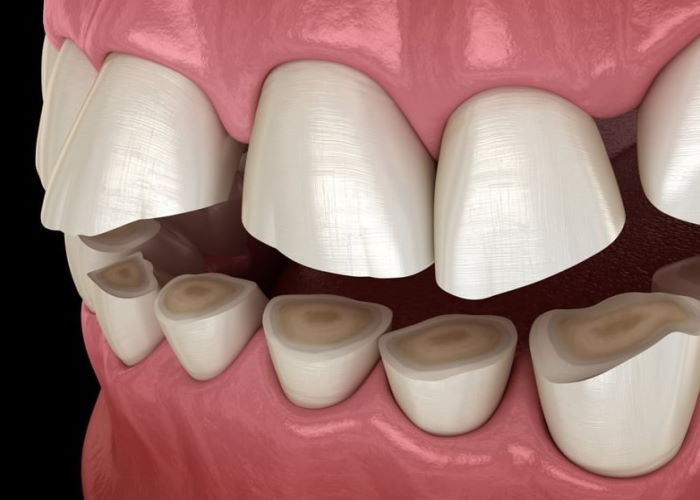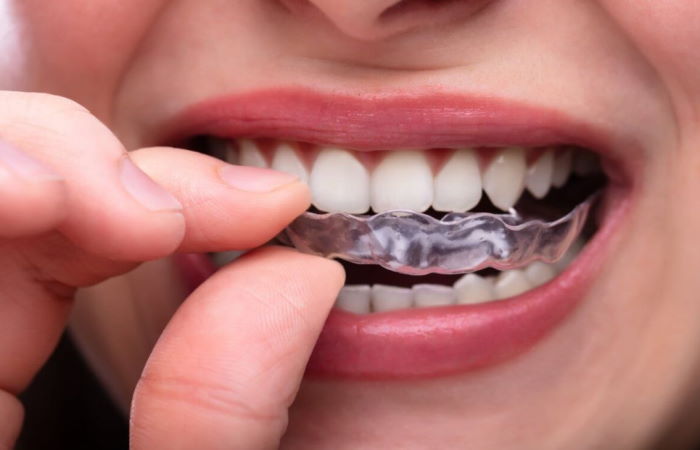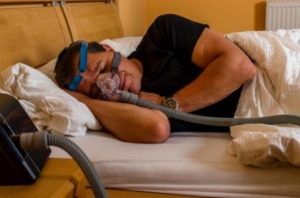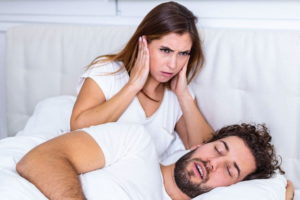Cases of anxiety and depression have been on the rise, especially in the past couple of years, primarily because of the uncertainty caused by the global pandemic. To say that it has been shattering is an understatement because, for some people, this is literally the case. Reports from across the country quote dentists regarding the rise of cases of cracked teeth, crowns, and fillings. Many dental professionals cite stress and anxiety that manifest in jaw clenching and teeth grinding as the biggest contributory factor to these dental problems. But what does anxiety teeth grinding mean? And more importantly, how can you stop it?
Why anxiety teeth grinding is happening
Bruxism is a term used to describe the unconscious clenching of the jaw and grinding of teeth. Jaw clenching is when you hold your teeth together and clench your jaw muscles. Teeth grinding, on the other hand, involves a chewing motion where you rub your teeth against each other. Though it is still unclear what exactly causes this bad habit, it is often linked to anxiety or stress.
Certain medications, especially antidepressants (selective serotonin reuptake inhibitors (SSRIs), as well as drinking alcohol, cigarette smoking, caffeine, and drugs like cocaine and ecstasy are also strongly linked to excessive bruxism.
The built-up tension from the mind and body can be manifested through teeth grinding, and this can happen both day (daytime bruxism) and night (sleep bruxism). The latter is considered a sleep disorder and is even related to snoring (sleep apnea). Both are done unconsciously.
Daytime bruxism is often related to anger, frustration, stress, and tension. For some, it is a coping mechanism or a bad habit during deep concentration, comparable to biting a pencil when thinking. Sleep bruxism, on the other hand, is a sleep-related activity associated with the feeling of arousal during sleep.
Poor dental alignment can also cause bruxism. This is because when your teeth are not well aligned, it leads to an inability to find a good resting position. This leads the teeth to shift throughout the night due to the lack of a comfortable resting position.
What does it mean if your dentist tells you that you have anxiety and teeth grinding?
While occasional jaw clenching and teeth grinding is not usually a cause for concern, a long-term habit of this can result in major wear and tear of the teeth and other structures of the mouth. Other signs dentists look for include:
Tooth fractures
The pressure you put on your teeth every time you grind them together is strong enough to cause the enamel to chip and crack over time. This can lead to tooth sensitivity and a high risk of severe fracture, and possibly root canal infection.
Gum recession
The force from jaw clenching can also affect the gums. Over time, the stress and strain from jaw clenching will cause the gums to recede and expose the tooth’s root structure. This makes the teeth more susceptible to tooth decay and other dental health problems as the receded part provides an avenue for plaque buildup. This leads to tooth sensitivity, bad breath, tooth pain, and affects the teeth’s structural integrity causing tooth decay.
Dental abfractions
Abfraction is a form of tooth damage that occurs near the gumline. It doesn’t have one specific cause, but excessive teeth grinding, jaw clenching, general tooth misalignment, and erosion play a part. Unfortunately, while treatment may improve the appearance, and tooth sensitivity, and make teeth easier to clean, it will not reverse the damage.
Temporomandibular joint disorder (TMJ)
Constant straining of the teeth and gums can overwork the jaw, leading to unnecessary wear and tear of the cartilage found on both sides of the jaw and the muscles that hold the jaw together. This may lead to temporomandibular joint disorder. The temporomandibular joints are the joints that connect the jaw to the skull. Excessive bruxism can cause damage to these joints and their surrounding cartilage, muscles, and tissues. Common signs of TMJ disorder are popping or clicking sounds of the jaw, jaw pain, ear aches, headaches, and lockjaw.
Available treatment for anxiety teeth grinding
The primary concern of dentists is to save and preserve natural teeth. Since anxiety teeth grinding causes unnecessary wear and tear to the teeth, dentists will usually prescribe treatments that protect the teeth or minimize the damage produced by constant teeth grinding.
Night guards
The most common form of treatment is using dental appliances like custom-made night guards. Customized night guards look like mouthguards you wear for playing contact sports. They are, however, slightly thinner as they provide a cushion between your upper and lower teeth and dissipate the force of jaw clenching and teeth grinding. These night guards absorb pressure exerted by your jaw joint.
Made of high-quality materials, customized night guards fit perfectly and comfortably, making them perfect and unobtrusive for nighttime use.
Dental corrections
In severe cases or teeth grinding caused by a misaligned bite, dentists prescribe dental corrections to fix the issue. This procedure reshapes the contact or chewing surfaces of the teeth or uses crowns to repair the damage caused by bruxism.
Aside from dental factors, you may consult your doctor to manage the anxiety that leads to teeth grinding.
Anxiety and stress management
If your bruxism is stress-related, you may find relaxation techniques helpful. Meditation, yoga, and breathing exercises can help you manage your anxiety and stress levels and eventually reduce teeth grinding. Consult a licensed therapist or a counselor for professional guidance.
Biofeedback
This is extremely helpful for people having difficulty changing their bad habits of jaw clenching and teeth grinding. This method uses a monitoring procedure that teaches you to control muscle activity on your jaw each time it senses tension.
Behavior change
Dentists may also suggest practicing proper mouth and jaw position to minimize the bad habit of jaw clenching throughout the day.
Medication for anxiety and stress
Your doctor may also recommend short-term use of antianxiety and antidepressant medications. These medications help you cope with stress and manage emotional anxiety resulting in teeth grinding.
Treating sleep disorder-related bruxism
If bruxism is caused by excessive snoring (obstructive sleep apnea), then treating the sleep disorder may help treat the problem.
The Takeaway
While there is no cure that completely stops bruxism, treatments and management can reduce its frequency and relieve its symptoms. Lifestyle changes, avoiding stress, a good night’s sleep, and getting professional help can reduce teeth grinding caused by anxiety.


























